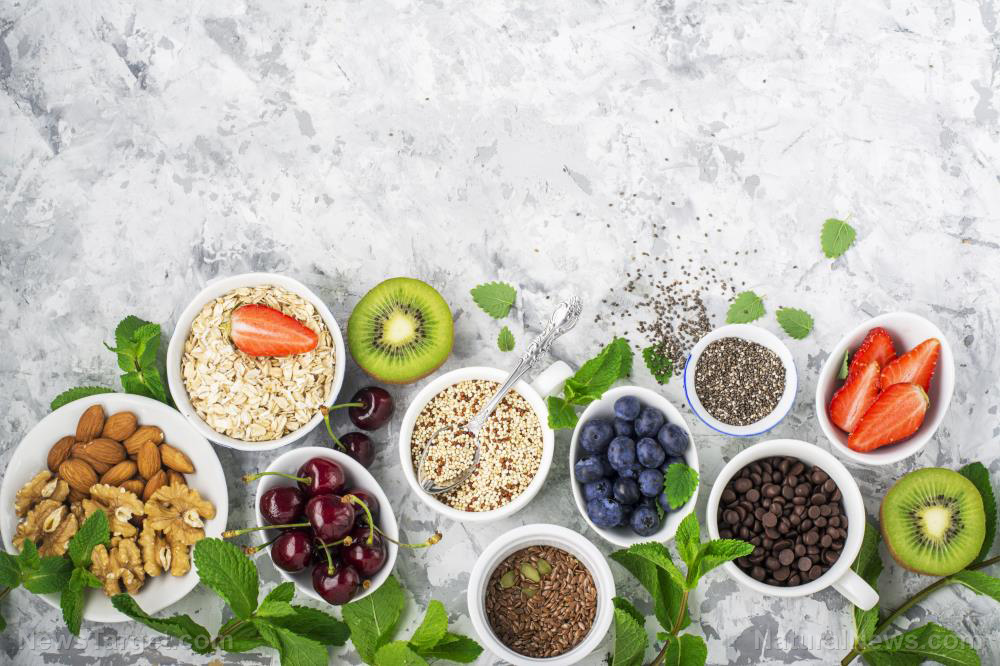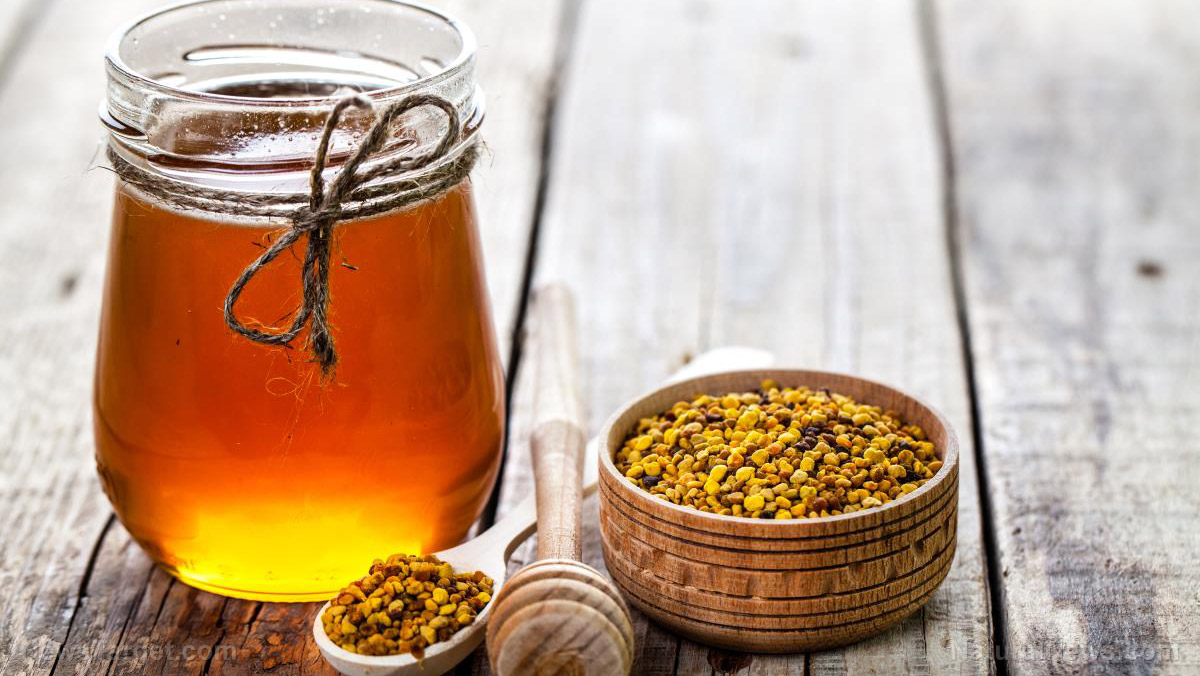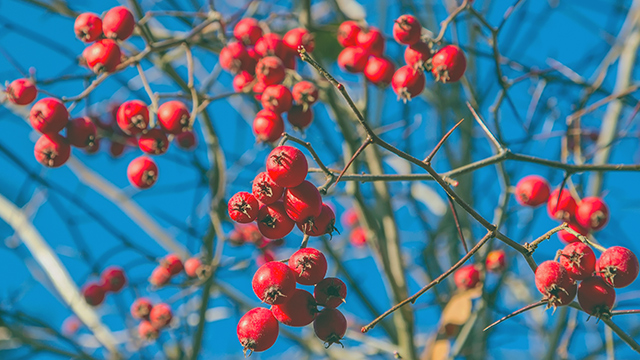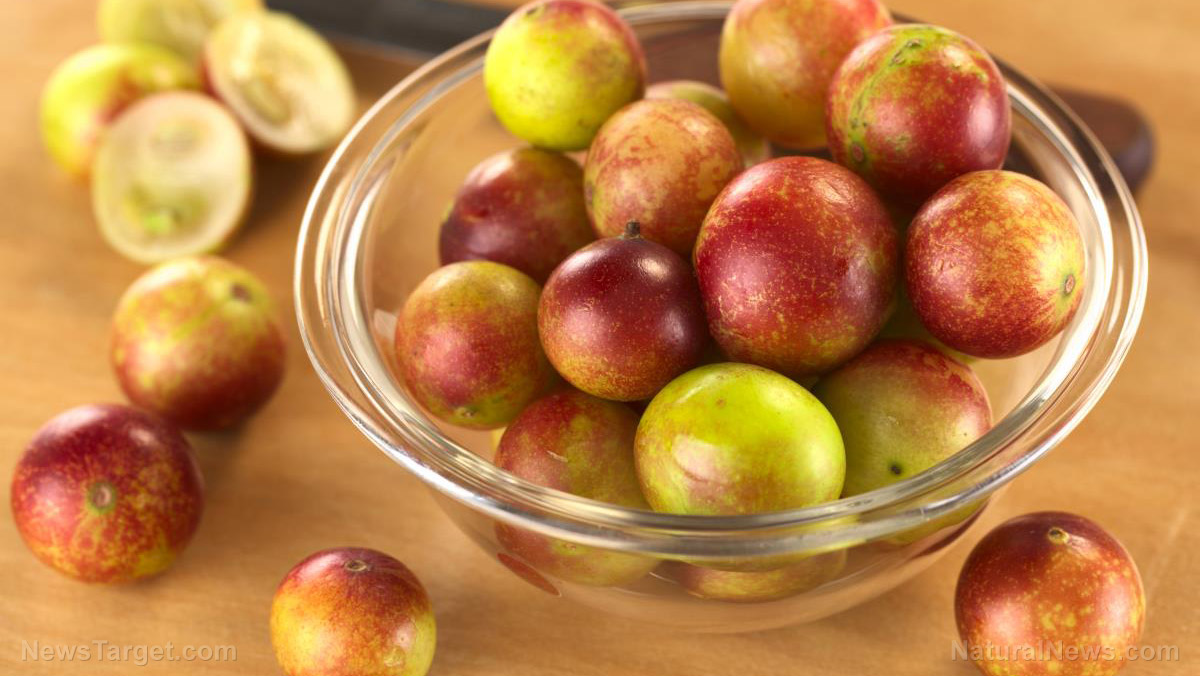Blueberries lower your blood pressure and reduce your risk of heart disease
07/10/2019 / By Stephanie Diaz
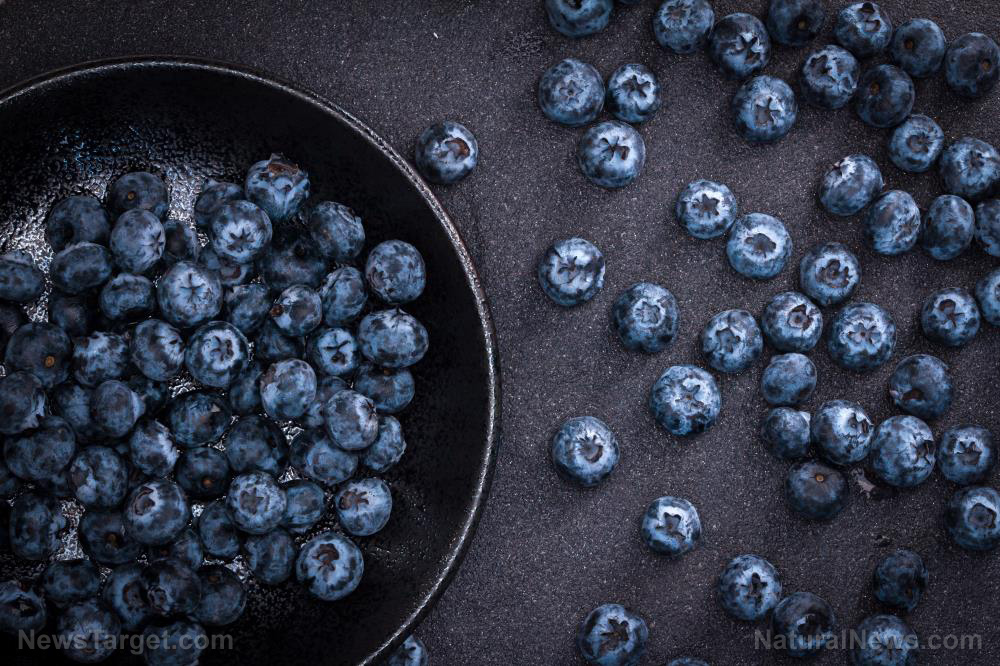
Blueberries are small, bluish-purple fruits that contain antioxidants called anthocyanins. A study published in The Journals of Gerontology: Series A linked daily consumption of 200 grams (g) of blueberries to improved blood pressure and blood vessel function.
The blueberry plant is a small flowering shrub closely related to cranberries and huckleberries. It produces small, round fruits that contain high amounts of flavonoids which help fight aging and diseases. (Related: Blueberries not only taste great but dramatically lower the risk of developing heart disease and diabetes.)
To determine the role of blueberry anthocyanins and circulating metabolites in improving blood vessel function, researchers from King’s College London studied the effects of eating blueberries for one month on healthy individuals. They randomly gave 40 volunteers either a placebo or a beverage containing 200 g of blueberries every day. They also took blood and urine samples from the volunteers to monitor the chemicals in them. Additionally, the researchers measured the volunteers’ blood pressure and the flow-mediated dilation (FMD) of the brachial artery. FMD is a measure of the widening of an artery when there is increased blood flow. A low FMD value indicates an increased risk of cardiovascular disease.
The researchers observed an improvement in blood vessel function in the participants two hours after consumption of the blueberry drinks. They also reported that this improvement was sustained for one month. Moreover, drinking the blueberry drink daily reduced the volunteers’ blood pressure by five millimeter mercury (mmHg). These findings suggest that blueberries are just as effective as modern medications in managing blood pressure and supporting heart function.
Anthocyanins in blueberries improve endothelial function, reducing blood pressure
The researchers did an additional study where they compared the effects of the blueberry drink with those of purified anthocyanins. They also compared them with several beverages that contain similar quantities of fiber, minerals, and vitamins as blueberries.
The researchers found that beverages with purified anthocyanins improved endothelial function. In addition, neither one of the control drinks — placebo, control with fiber, control with vitamins and minerals — positively influenced FMD two and six hours after consumption.
“While blueberries contain many potentially ‘healthy’ bioactive molecules including vitamins, fibre and minerals, our present results demonstrate that anthocyanins are major bioactive compounds in blueberry that can account for the increases in endothelial function after blueberry consumption,” the study’s lead researcher, Ana Rodriguez-Mateos, said.
“We provide further scientific evidence that in healthy humans chronic blueberry consumption leads to sustained cardiovascular benefits which are linked with circulating anthocyanin metabolites and the modulation of cellular gene programs towards an anti-inflammatory and CVD [cardiovascular diseases] protective profile,” she added.
What is CVD?
CVD refers to conditions that affect the blood vessels, the heart, or both. A person who suffers from CVD has a narrowed or blocked blood vessel, which can lead to heart attack or stroke. Other forms of heart disease involve problems with the heart muscle, the valves, or the heart’s rhythm.
Heart disease can be avoided by following a heart-healthy diet and adopting a healthy lifestyle. Atherosclerosis, for example, has been linked to tobacco use and poor food choices. Quitting smoking and avoiding foods with high cholesterol content can help prevent the narrowing of the arteries and the buildup of plaque associated with that disease.
For more news and stories about blueberries and their positive effect on heart health, visit Health.news.
Sources include:
Submit a correction >>
Tagged Under:
This article may contain statements that reflect the opinion of the author
RECENT NEWS & ARTICLES
COPYRIGHT © 2017 SUPER FOODS NEWS



